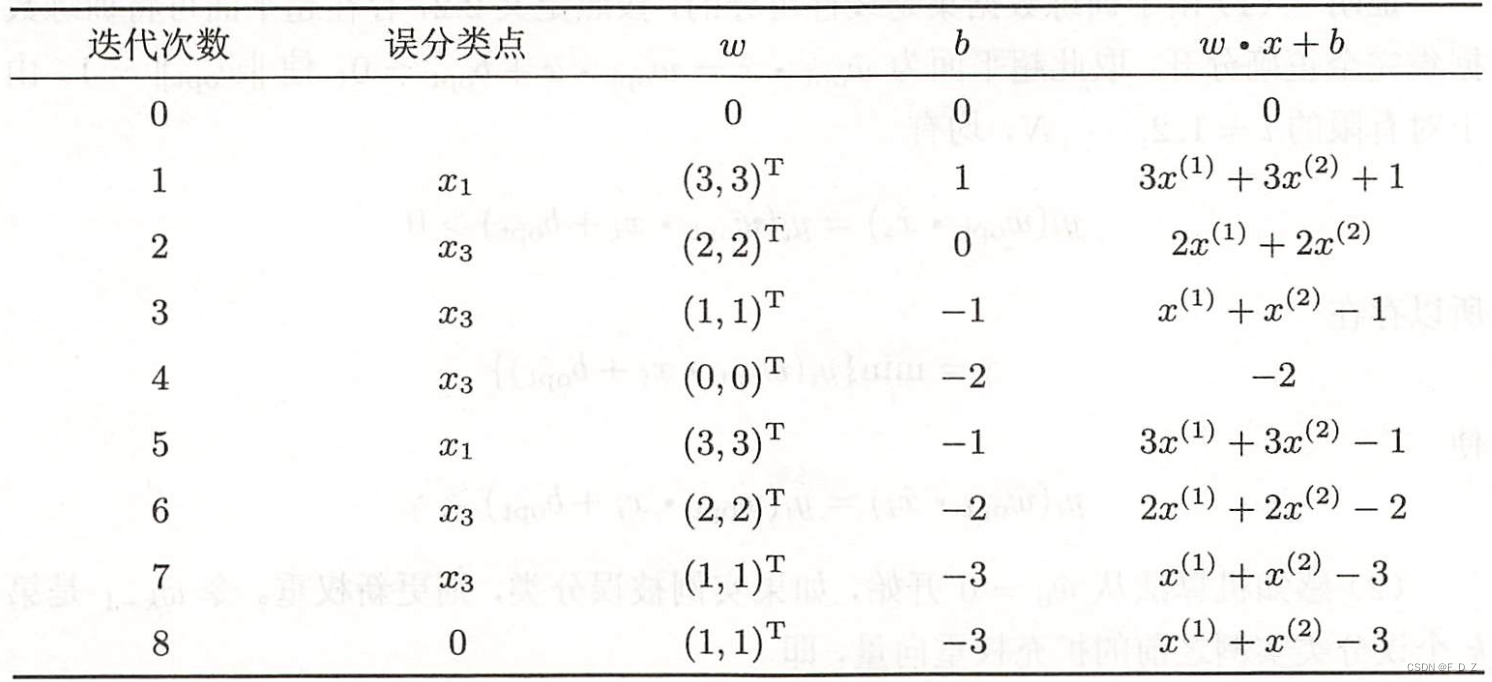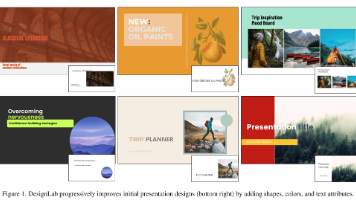【Blender Python】随手一记
blender python 的随手一记
·
【Blender Python】随手一记
一个猴头复制另一个猴头的形状
import bpy
def update_mesh(scene):
o1 = bpy.data.objects['猴头']
o2 = bpy.data.objects['猴头.001']
for vert in o1.data.vertices[:]:
o2.data.vertices[vert.index].co = vert.co
print("update Finished!!!")
update_mesh( bpy.context.scene)
bpy.app.handlers.frame_change_pre.append(update_mesh)
设置一个集合的是否可见
import bpy
def set_visible(col_name, is_hide, obj_type = 'MESH'):
if col_name in bpy.data.collections:
col = bpy.data.collections[col_name]
else:
return
for o in col.objects:
if obj_type == o.type:
o.hide_set(is_hide)
再起一个blender
import subprocess
subprocess.Popen(bpy.app.binary_path)
模型成堆起伏
import bpy
import math
C = bpy.context
objs = C.scene.objects
#for obj in objs:
# if obj.name.startswith("N"):
# obj.select_set(True)
# obj.location[2] += -1
size = 10
for obj in objs:
x_sin = size * math.sin(obj.location[0] / 10)
y_sin = size * math.sin(obj.location[1] / 10)
obj.location[2] = x_sin + y_sin
修改器目标选中
import bpy
C = bpy.context
D = bpy.data
objs = D.objects
tail = "_W"
tail2 = "_L"
for obj in C.scene.objects:
for mod in obj.modifiers[:]:
if mod.type == 'SHRINKWRAP':
try:
mod.target = objs[obj.name + tail]
except:
print("NONE")
continue
if mod.type == 'LATTICE':
try:
l_obj = objs[obj,name + tail2]
if isinstance(l_obj.data, bpy,types.Lattice):
mod.object = l_obj
except:
print("NONE")
continue
蜡笔的标注 转换为 网格
import bpy
import bmesh
gp = bpy.data.grease_pencils['Annotations']
l = gp.layers[0]
frame = l.frames[0]
sts = [st for st in frame.strokes]
me = bpy.data.meshes.new(name = "Mesh")
o = bpy.data.objects.new(name = "MyObjectCollection", object_data = me)
bpy.context.scene.collection.objects.link(o)
bm = bmesh.new()
for st in sts:
for p in st.points[:]:
bm.verts.new(p.co)
bm.verts.ensure_lookup_table()
for i in range(1, len(bm.verts)):
try:
bm.edges.new(bm.verts[i - 1], bm.verts[i])
except:
pass
bm.edges.ensure_lookup_table()
bm.to_mesh(me)
蜡笔的标注 转换为 曲线
import bpy
gp = bpy.data.grease_pencils['Annotations']
l = gp.layers[0]
frame = l.frames[0]
sts = [st for st in frame.strokes]
bezier_name_head = "bezier_"
counter = 0
for st in sts:
curve = bpy.data.curves.new(name = bezier_name_head + str(counter), type = 'CURVE')
curve.splines.new(type = 'BEZIER')
lines = curve.splines[0]
lines.bezier_points.add(len(st.points) - 1)
for i, p in enumerate(st.points):
lines.bezier_points[i].co = p.co
lines.bezier_points[i].handle_left = p.co
lines.bezier_points[i].handle_right = p.co
counter += 1
o = bpy.data.objects.new(name = "MyObjectCollection", object_data = curve)
bpy.context.scene.collection.objects.link(o)
蜡笔绘制成圆(TODO:象限划分)
import bpy
D = bpy.data
C = bpy.context
Gp = D.grease_pencils.new("mygp")
O = D.objects.new("myobj", Gp)
layer = Gp.layers.new("layer")
f = layer.frames.new(0)
st = f.strokes.new()
st.points.add(100)
r = 5
def y(r, x):
return (r ** 2 - x ** 2) ** 0.5
# 1
xs1 = [5 * i/24 for i in range(25)]
ys1 = [y(r, x) for x in xs1]
#2
xs2 = [-x for x in xs1]
ys2 = ys1.copy()
#3
xs3 = xs2.copy()
ys3 = [-y for y in ys1]
#4
xs4 = xs1.copy()
ys4 = ys3.copy()
xs = xs1 + xs2 + xs3 + xs4
ys = ys1 + ys2 + ys3 + ys4
for ids, p in enumerate(st.points):
p.co = (xs[ids], ys[ids], 0)
C.scene.collection.objects.link(O)
蜡笔绘制成圆(角度划分)
import bpy
import math
D = bpy.data
C = bpy.context
Gp = D.grease_pencils.new("mygp")
O = D.objects.new("myobj", Gp)
layer = Gp.layers.new("layer")
f = layer.frames.new(0)
st = f.strokes.new()
st.points.add(101)
C.scene.collection.objects.link(O)
r = 5
dgree = 360 / 100
for ids, p in enumerate(st.points):
angle = ids * dgree
p.co = (r * math.cos(math.radians(angle)), r * math.sin(math.radians(angle)), 0)
图片转换成起伏图
import random
import bpy
import math
from mathutils import Vector
rr = random.random
curimg = bpy.data.images[1]
x = curimg.size[0]
y = curimg.size[1]
p = curimg.pixels
vp = Vector(p)
for i in range(x):
for j in range(y):
k = 4 * (i * y + j)
vp[k: k + 4] = (abs(math.sin(j/10))/2 + abs(math.cos(i/10))/2, 1, 0, 1)
p[:] = vp
curimg.update()
类似Qt 的QComBox的弹窗制作:
from cgi import test
import enum
import bpy
def get_enum(self, context):
it = []
# test = bpy.context.scene.test.test_int
test = self.test_int
for i in range(test):
it.append((f"T{i}", f"t{i}", "", i))
return it
class My_Props(bpy.types.PropertyGroup):
test_int: bpy.props.IntProperty(default=1)
enum: bpy.props.EnumProperty(items=get_enum)
class My_Panel(bpy.types.Panel):
bl_space_type = "VIEW_3D"
bl_region_type = "UI"
bl_label = ""
bl_idname = "testpanel"
def draw(self, context: 'Context'):
self.layout.prop(bpy.context.scene.test, "test_int")
self.layout.prop(bpy.context.scene.test, "enum")
bpy.utils.register_class(My_Props)
bpy.utils.register_class(My_Panel)
bpy.types.Scene.test = bpy.props.PointerProperty(type = My_Props)
顶点存储在文件中 蜡笔汇聚成像
import bpy
with open("C:\\Users\\LMX\\AppData\\Roaming\\Blender Foundation\\Blender\\3.2\\scripts\\addons\\vertices.txt","r") as f:
str_data = f.read()
D = bpy.data
C = bpy.context
Gp = D.grease_pencils.new("mygp")
O = D.objects.new("myobj", Gp)
layer = Gp.layers.new("layer")
f = layer.frames.new(0)
st = f.strokes.new()
C.scene.collection.objects.link(O)
data_lsit = str_data.split("\n")
st.points.add(len(data_lsit))
for idx, str_v in enumerate( data_lsit ):
if str_v == "":
break
str_list = str_v.split(" ")
tuple_v = (float(str_list[0]),float(str_list[1]), float(str_list[2]))
print(tuple_v)
st.points[idx].co = tuple_v
新增81个立方体并且位于相机的视角内渲染出图像
import bpy
from bpy import data as D
from bpy import context as C
from mathutils import *
from math import *
#~ PYTHON INTERACTIVE CONSOLE 3.10.2 (main, Jan 27 2022, 08:34:43) [MSC v.1928 64 bit (AMD64)]
#~
#~ Builtin Modules: bpy, bpy.data, bpy.ops, bpy.props, bpy.types, bpy.context, bpy.utils, bgl, blf, mathutils
#~ Convenience Imports: from mathutils import *; from math import *
#~ Convenience Variables: C = bpy.context, D = bpy.data
#~
bpy.ops.object.select_by_type(type = 'MESH')
bpy.ops.object.delete()
for i in range(9):
for j in range(9):
bpy.ops.mesh.primitive_cube_add(location = (i*3, j*3, 0))
bpy.ops.object.select_all(action = 'DESELECT')
for obj in D.objects:
if obj.name.startswith("立方体"):
obj.select_set(True)
bpy.ops.view3d.camera_to_view_selected()
bpy.ops.render.render()
bpy.ops.render.opengl()

GitCode 天启AI是一款由 GitCode 团队打造的智能助手,基于先进的LLM(大语言模型)与多智能体 Agent 技术构建,致力于为用户提供高效、智能、多模态的创作与开发支持。它不仅支持自然语言对话,还具备处理文件、生成 PPT、撰写分析报告、开发 Web 应用等多项能力,真正做到“一句话,让 Al帮你完成复杂任务”。
更多推荐
 已为社区贡献6条内容
已为社区贡献6条内容









所有评论(0)